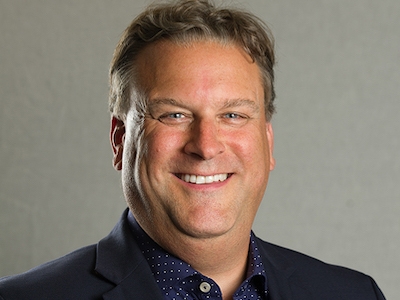 By Patrick Rooney.
By Patrick Rooney.
Charitable giving by households in the US has effectively flat-lined at about 2% of personal disposable income. COVID-19 aside, real incomes and wealth have grown for decades, and, while the equity issues are real and continue to multiply, one might have expected philanthropic giving to have grown faster in an era in which many people “outsource” cooking, cleaning, childcare, yard care and dog walking. Our research shows that most households are sensitive to the after-tax price of giving and that introducing a Universal Charitable Deduction (UCD) or a Universal Charitable Tax Credit (UCTC) of 25% or more would increase both the number of donors and the total amounts donated by US households.
Modify Rules for Foundations
Should the payout rate for foundations be raised from the current 5%? I’d say no. But three other changes would improve things.
- The 2% excise tax on net investment income needs to disappear. It supposedly captures the “drop” in the federal government’s revenues, yet it poses high administrative costs to ensure compliance. Plus, as the excise tax is calculated, foundations that pay out more than the minimum 5% rate in any given year are punished in future years.
- Exclude operating costs from being included within the 5% payout. This would encourage foundations to be more efficient and get more dollars into the hands of charities and their beneficiaries. Most foundations spend 0.5% to 1.0% on their operating costs. Our research suggests that excluding such costs would not result in foundations closing.
- Payments by a foundation to a donor advised fund (DAF) shouldn’t be counted as part of the 5% payout. One can imagine an endless “loop” in which a foundation makes grants to a DAF, then that DAF makes grants to the foundation: that’s a lot of churning but no butter. Foundations currently have lots of flexibility. Nothing prevents them from making a grant to address issues at hand, instead of punting the issue and the funding further down the road with a gift to a DAF.
Patrick Rooney holds the Glenn Family Chair in Philanthropy and is a Professor of Economics and Philanthropic Studies and the Executive Dean for Academic Programs at the Lilly Family School of Philanthropy, University of Indiana. Photo of Indianapolis, Indiana, courtesy of Josh Hild and Unsplash.
Next Story in the Series about US Policy



